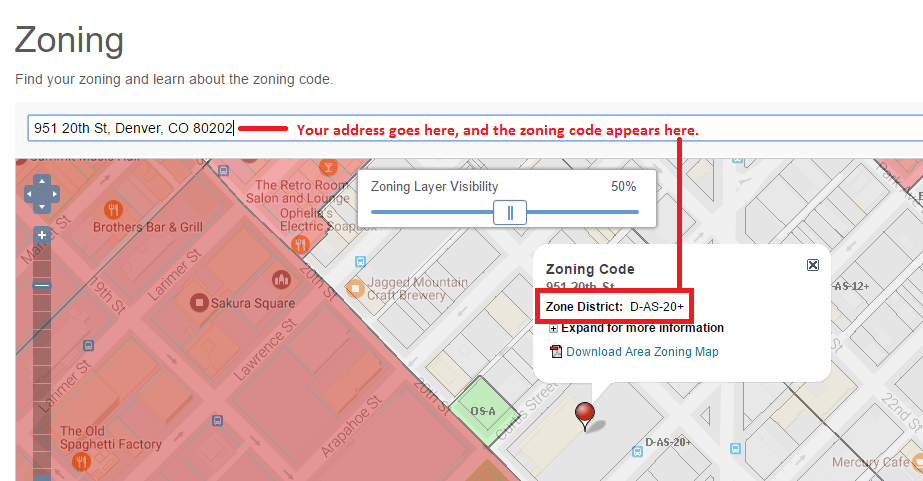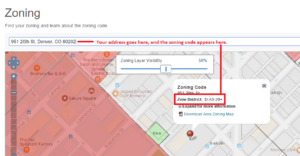
7 New Business Essentials in Colorado Employment Law
7 New Business Essentials in Colorado Employment Law
Before you hire your very first employee, or think about expanding your newly growing empire, follow this checklist to ensure you are in compliance with the laws and regulations of the Colorado Department of Labor and Employment. A business attorney can add peace of mind and support during the start-up, expansion, and life of your business. This post includes seven essential items on your new business checklist.
- Register for an unemployment account
- Report new hires
- Verify workers’ compensation coverage
- Submit employment verification
- Verify wage and hour law compliance
- Ensure proper worker classification
- Display workplace posters
Register For an Unemployment Account
As a business owner, you are required to register for an unemployment account with the Colorado Department of Revenue and/or Colorado Department of Labor and Employment. You will need to obtain an unemployment account number through the labor department and begin paying employer premiums through a quarterly premium- and wage-report process. This funds the payment of unemployment benefits, and random audits may be conducted to verify appropriate unemployment insurance. An attorney will represent and assist you through this process.
Report New Hires
You have 20 calendar days to report new hires with the State Directory of New Hires (SDNH). This includes newly hired employees, rehired employees, and contractors. An attorney will further breakdown all of the steps and provide critical advice on employment laws from drafting employment or contractor agreements to hiring minors and out-of-state employees.
Verify Workers’ Compensation Coverage
Colorado law requires that you have workers’ compensation insurance as soon as you hire your first employee. Your insurance policy is meant to protect you, your business, and your employees when injury or illness takes place due to workplace circumstances, so the state requires you to verify workers’ compensation coverage. The expense and effort of meeting employment verification and examination requirements is an ever-present challenge. An attorney will provide representation in the event of any workers’ compensation audits, citations, or other liability issues.
Verify Wage and Hour Law Compliance
You can avoid penalties, damage awards, and litigation by understanding wage and hour compliance under the Fair Labor Standards Act (FLSA) and the Family Medical Leave Act (FMLA) among others. An attorney will help you verify wage and hour law compliance. Wading through the numerous laws and regulations associated with Colorado’s wage and hour laws, giving practical financial, tax, and benefits advice in order to best determine worker status, wages, minimum wage, overtime pay, record-keeping, and youth employment standards is more easily (and accurately) accomplished with the help of a Colorado small business attorney.
Ensure Accurate Classification
There are many issues to consider when classifying your worker as an employee versus an independent contractor under Colorado law. Whether or not the individual is free from control and direction in the performance of the service or is engaged in an independent trade/occupation/business related to the service are just two of the concepts used to determine the status of a worker. Accurate classification ensures that workers get the proper wages, benefits, and protections to which they are entitled.
Display Workplace Posters
It is mandatory that your business comply with state and federal regulations regarding certain rights and responsibilities, including minimum wage, child labor, worker’s compensation, equal employment opportunity, and unemployment insurance regulations and laws. Many agencies provide posters online for free. Be sure to display workplace posters with the required information in a clear, readable, and unobstructed way.
Whether it is reviewing a contract, hiring a new employee, or navigating state and federal compliance laws, I can guide your new business through the complexities of employment law. Please contact me, Elizabeth Lewis, at the Law Office of E.C. Lewis, P.C., home of your Denver Small Business Lawyer. Phone: 720-258-6647. Email: elizabeth.lewis@eclewis.com
Contact Us Today
Law Office of E.C. Lewis, P.C.
Your Denver Business Attorney
LICENSED IN COLORADO AND NORTH CAROLINA
Mailing Address:
501 S. Cherry Street, Suite 1100
Denver, CO 80246
720-258-6647
Elizabeth.Lewis@eclewis.com
Online at:
Real Estate Services for Business Owners
Elizabeth Lewis provides the following real estate law services to small and medium sized business owners in Denver and throughout Colorado:
- Commercial real estate purchases
- Legal review of commercial real estate leases
- Protecting your assets






